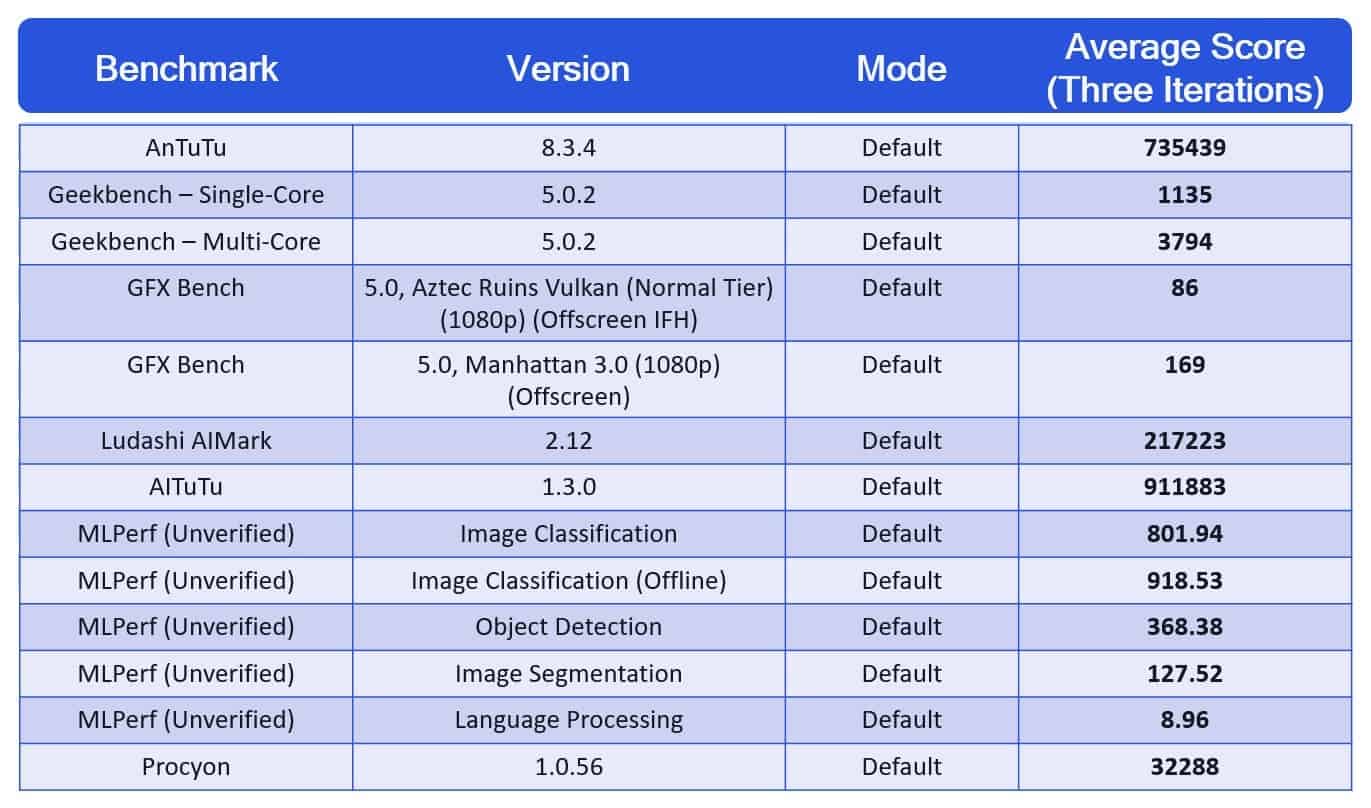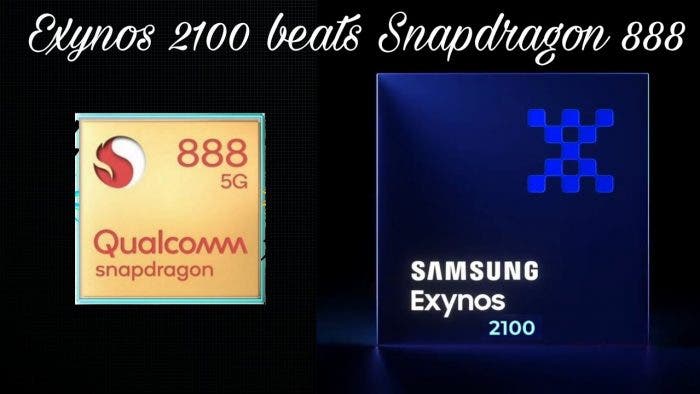The test results of Xiaomi Mi 11, which is based on the Qualcomm Snapdragon 888 SoC, and the Samsung Galaxy S21 based on the Exynos 2100 platform continue to appear on the Web.
Earlier, we reported that these platforms show approximately the same results. The Galaxy S21 based on the Exynos 2100 scored 1103 points in the single-threaded test and 3785 points in the multi-threaded one. The Xiaomi Mi 11 scores 1135 and 3790 points.
Later, updated results appeared. In one of the latest tests, Xiaomi Mi 11 scored 1131 and 3836 points, respectively, but the Galaxy S21 was able to score as much as 3963 points in multi-threaded mode, breaking away from the competitor. At the same time, in single-threaded mode the result was 1089 points.
Checking Geekbench is like watching a movie, surpassing each other, and continuing to compete. After E2100 achieved 3785, Xiaomi 11 multi-core breakthrough 3800, let us wait for the next Exynos results. pic.twitter.com/NMzQZep2Nf
— Ice universe (@UniverseIce) December 22, 2020
Recall that Xiaomi Mi 11 should be the first smartphone based on the Qualcomm Snapdragon 888 SoC, which will be officially presented on December 28. The Samsung Galaxy S21 will use Qualcomm’s Snapdragon 888 and Samsung Exynos 2100 in different regions, and the launch is expected on January 14th.
Snapdragon 888 is still inferior even to the iPhone 11 in performance
Qualcomm recently shared the test results of a prototype smartphone based on the Snapdragon 888 SoC, which will be used in future flagship Android phones.
Despite the fact that these smartphones based on Snapdragon 888 will be released only in 2021, they may initially be inferior in performance to the iPhone 12 and even iPhone 11. This is indicated by comparison tables with the test results of Snapdragon 888, Apple A14, Apple A13 and other modern SoC systems.
The Snapdragon 888 scored 1135 and 3794 points in Geekbench single-threaded and multi-threaded tests, while the iPhone 12 Pro with the Apple A14 chip scored 1603 and 4187 points. The iPhone 11 Pro also scored better than Qualcomm’s prototype in the single-threaded test.

In the GFXBench test, Qualcomm’s Snapdragon 888 prototype lost to the iPhone 12 Pro, iPhone 11 Pro, iPhone 12, iPhone 11 and even the iPhone SE. However, experts believe that after optimization, the performance of the Snapdragon 888 will increase.

If we compare it with Snapdragon 865+ and other SoCs for Android smartphones, then already at the prototype stage, Snapdragon 888 shows a noticeable leap in performance.
Qualcomm Snapdragon 888 Official Benchmark Results Announced
Qualcomm announced recently the results of a number of industry comprehensive benchmarks for the Snapdragon 888 5G mobile platform. The processor’s AnTuTu running score reached 730,000, and Geekbench single-core score is 1135 points; while the multi-core score is 3794 points.
For comparison, the current AnTuTu best score of the Snapdragon 865 is 671,000 points. It is calculated that Snapdragon 888 has increased by about 10%. Of course, the comparison here is the best result of Snapdragon 865 after one year of optimization. In this sense, the SND888 is not released yet. So there must be a lot of room for optimization.

For GeekBench, the SD888 scored 1135 points for single-core and 3794 points for multi-core tests. Compared with the Samsung Galaxy S20 FE equipped with the Snapdragon 865; multi-core and single-core increased by 18% and 26%, respectively. Compared with Kirin 9000’s single-core 1020 and multi-core 3710, the two are almost the same.
In addition, Qualcomm also provided the results of SD888 in GFXBench 5.0 and Manhattan 3.0. The 1080p off-screen score is 169FPS and Aztec ruins Vulkan 1080p / conventional off-screen score is 86FPS. This achievement performed very well, which was over 40% and 45% higher than the best results of the Snapdragon 865.
In these tests, the SD888 did not surpass Apple’s A14 Bionic chip. Although the API is different and the two achieve similar frame rates in the Manhattan GPU benchmark; the SD888 did not perform well in the Aztec test. Apple’s A14 processor only won by 7% in the CPU multi-core results. But in the single-core test, it expanded the lead to a staggering 41%.





